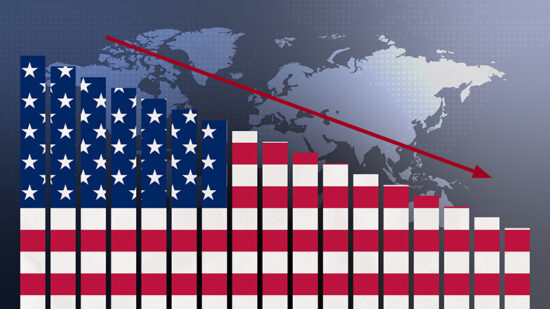Mammoth vehicles from the likes of Invesco Perpetual, Schroders and Henderson are among those to have been “banished” from the UK Equity Income sector in recent years for missing its yield target of 110% of the FTSE 100 over three years.
It’s a timely call by the IA to consult on the sector in a year when dividend cuts are rife, from Barclays to BHP Billiton.
Also Capita’s UK Dividend Monitor has suggested dividends are likely to fall by 1.7% this year, the first decline since 2010.
If the IA sticks to its current rules for the sector there will likely be more expulsions, though that doesn’t necessarily mean the funds themselves will suffer – many investors are happy to still stick with a particular manager or strategy for capital growth purposes.
However, James Calder, research director at City Asset Management, is one wealth manager who has been “aggressively” cutting his exposure to the sector.
“Ten companies produce something like 43% of the FTSE 100’s yield so you are heavily biased to certain sectors, one of them being resources,” he says.
“No matter what your view on global growth these companies are going to keep cutting their dividends. When Rio Tinto cut its dividend, it was actually quite surprising how well the market took it. One of the reasons for that is income managers are being forced to go further down a route where it’s income at all costs.”
On the IA’s consultation, he adds: “The one thing you have to remember is an equity income fund should actually produce a greater level of income than the index, or you are better off buying the index.
“I’m not quite sure what the IA can come up with from that perspective, or you are going to end up with funds that are falling into both camps – UK All Companies and UK Equity Income.”








